


Thoughts about queerness and role-models
(note: in Icelandic language “fyrir” is the prefix to “rolemodel” – fyrir-mynd, and refers to being in front of something. “Fyrir” also is used in what is in the way, and also what happens before, so this article plays with this multiple meanings of the word. This article has been adjusted to get a similar meaning across, but the word play is lost.)
I wish that I could be a role model, whether it would be a role model for others or merely my own. The only role I could play would be the “before” part of a before-and-after photograph for a new fat diet, portraying the fattie no one wants to be. The after photo would need to be photo morphed into a totally different body, to be able to lie about some achievement that society has decided makes one worthy of their spotlight.
With some thought-olympics I could perhaps see myself as a role model. My fat, queer, neurodivergent body. But what would the sacrifices have to be? To reflect my current state with the social acceptability that I am striving for: the person that I have yet to become, later. Racing with myself, to become better — but most importantly, like others. Prove to myself to others, and myself, that all my faults are surmountable. Owning a picture of my past self, to show others how much I have improved. Forbid the warm thoughts towards my past self, forcing myself even further forward, to be better. Dismiss the speculation that at this moment, we are doing fine, except in the context that we are a bit better now compared to how we used to be. Underlying messages about that our best version is yet to come, thus we can not love ourself, yet.
Maybe when I have finished my education, maybe when I buy a house, maybe when I have children or a spouse. Maybe then, I’ll be happy. Maybe. There is always that one thing that is holding us back. Just this itsy little thing, before I will become my best self. Happy.
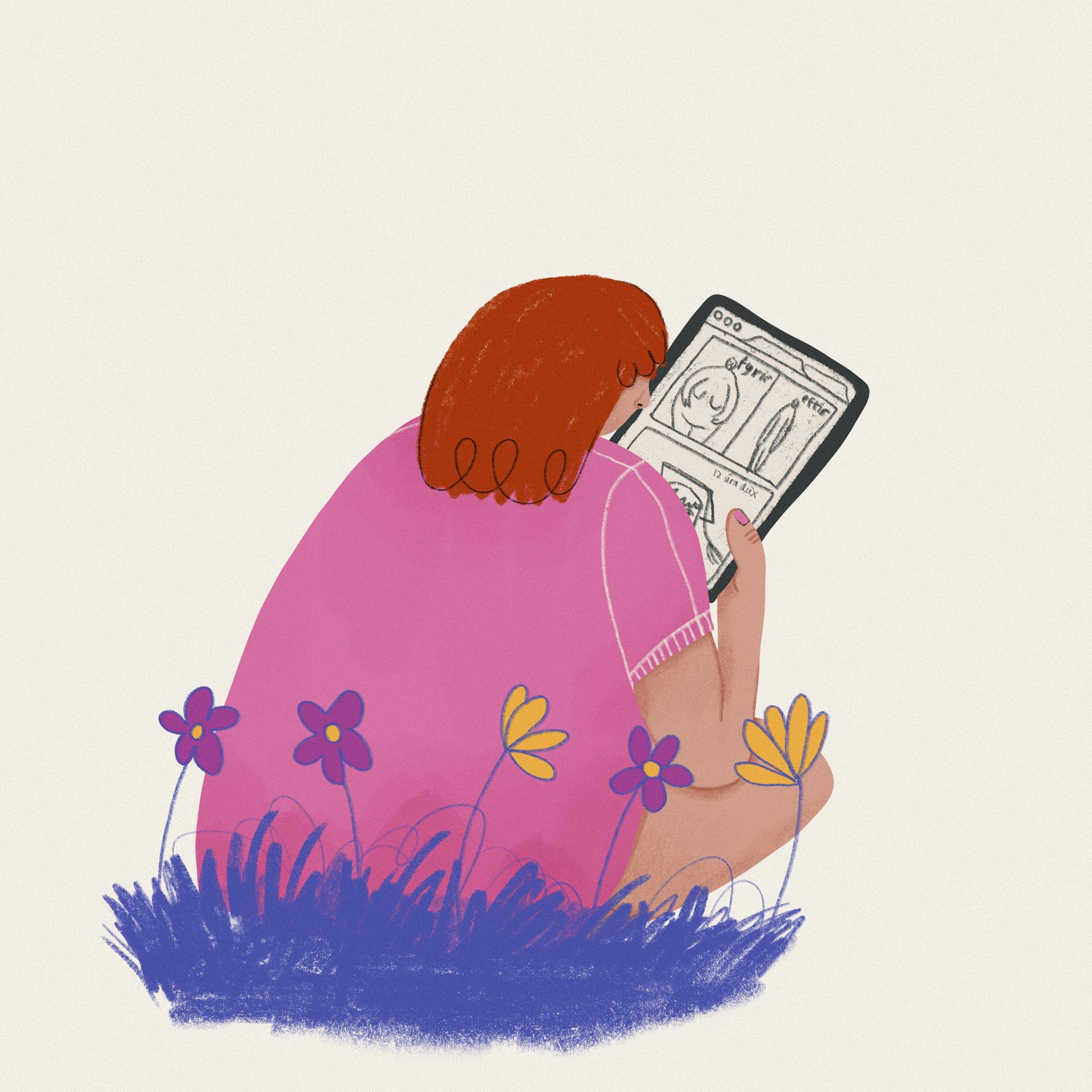
The goal of seeking happiness with material, goods and worldly achievements. The goals with a “before and after” stories: “lost 100 pounds and found love”, “discovered themselves in the role of motherhood”, “graduated as summa cum laude and got the dream job”. Those people are our role models, the ones that lived happily ever after. The aftermath of that frozen point of their life never reaches the surface: what were the sacrifices that were made. The perfect life, it has to be. Thus I go on with my life, trying to fit into their mould, like Cindarella’s sisters cutting off their toes in order to capture Prince Charming.
Satisfied people do not buy themselves anything (icelandic. “Sátt manneskja kaupir sér ekki neitt”1), the market works hard towards making us unhappy with ourselves in order to sell us their products. The products aren’t just products we can buy, but an image of the person that we long to be, and could become, with the help of their product.
Our public spaces are covered with repeated messages, commercials, on how we can improve ourselves with their products, grand gestures implying that we are not enough, at the moment. The reason for these messages are not complicated: making people unhappy about themselves drives consumption up, enormous numbers, especially if the products being sold promise you happiness. The turnover of the diet industry alone runs on millions, whether it being called a juice cleanse, keto or a lifestyle change. The same forces can be applied to other industries, profiting on making you, the consumer, insecure, whether it be your parenting skills, doubting your looks, how funny your are or if you are clever enough. The messages constantly echo around us and grow roots deep into the society. Our thoughts begin to revolve around how to improve.
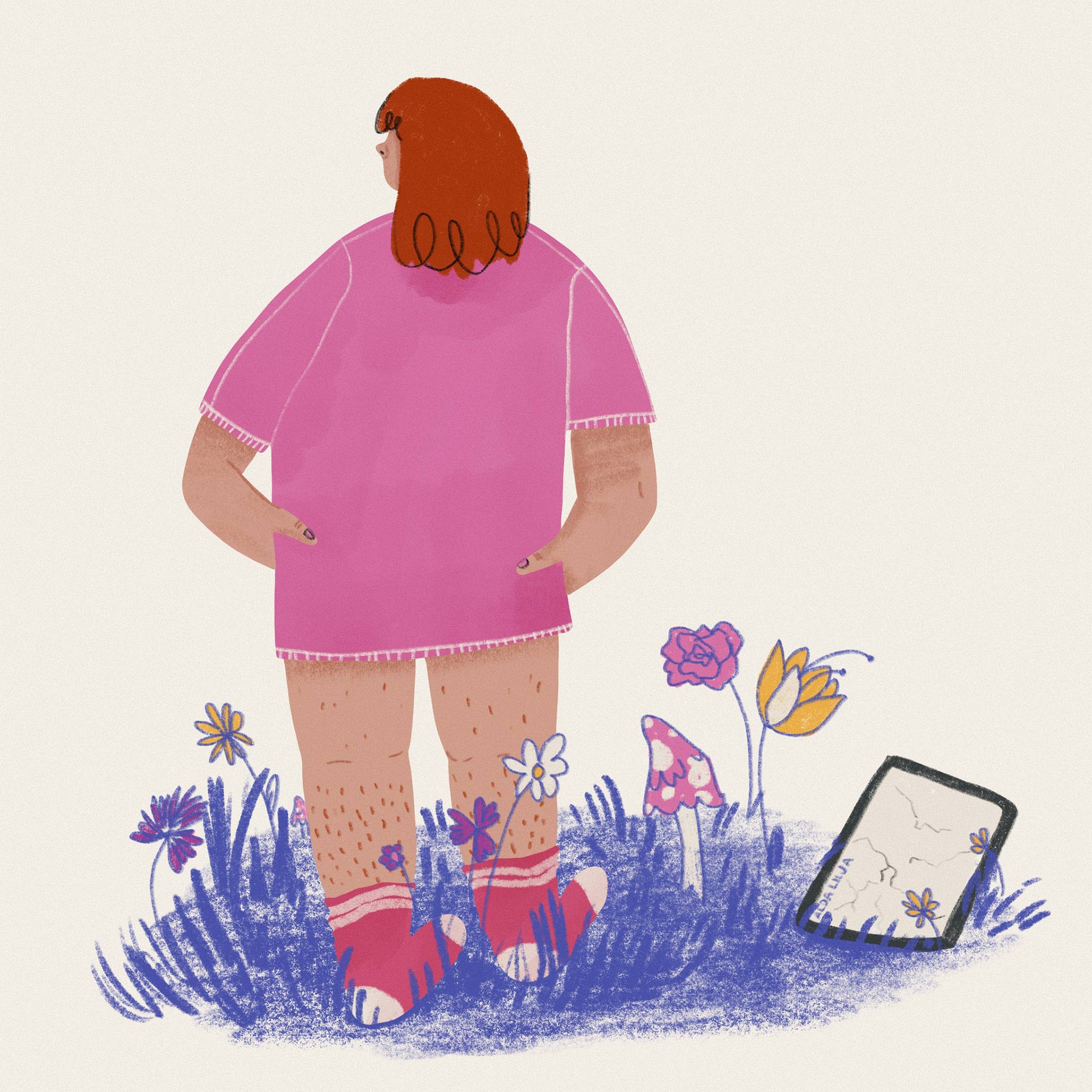
The most radical thing that I can imagine doing to fight back, is to aim towards becoming satisfied with myself.. To allow my body and mind to develop in a natural flow. My only goal is to become content with myself, by myself, in all my glory. To love myself and how I was and how I will become all alike. But most importantly to love myself as I am, now.
— — —
1 Ragna B. Garðarsdóttir – www.ruv.is/frett/satt-manneskja-kaupir-ser-ekki-neitt og www.ums.is/leitin-ad-peningunum/hladvorp/satt-manneskja-kaupir-ser-ekki-neitt-ragna-benedikta-gardarsdottir
— — —
The author is a master of Social Psychology and future ceramist.
Mental health: A different kind of grandmother
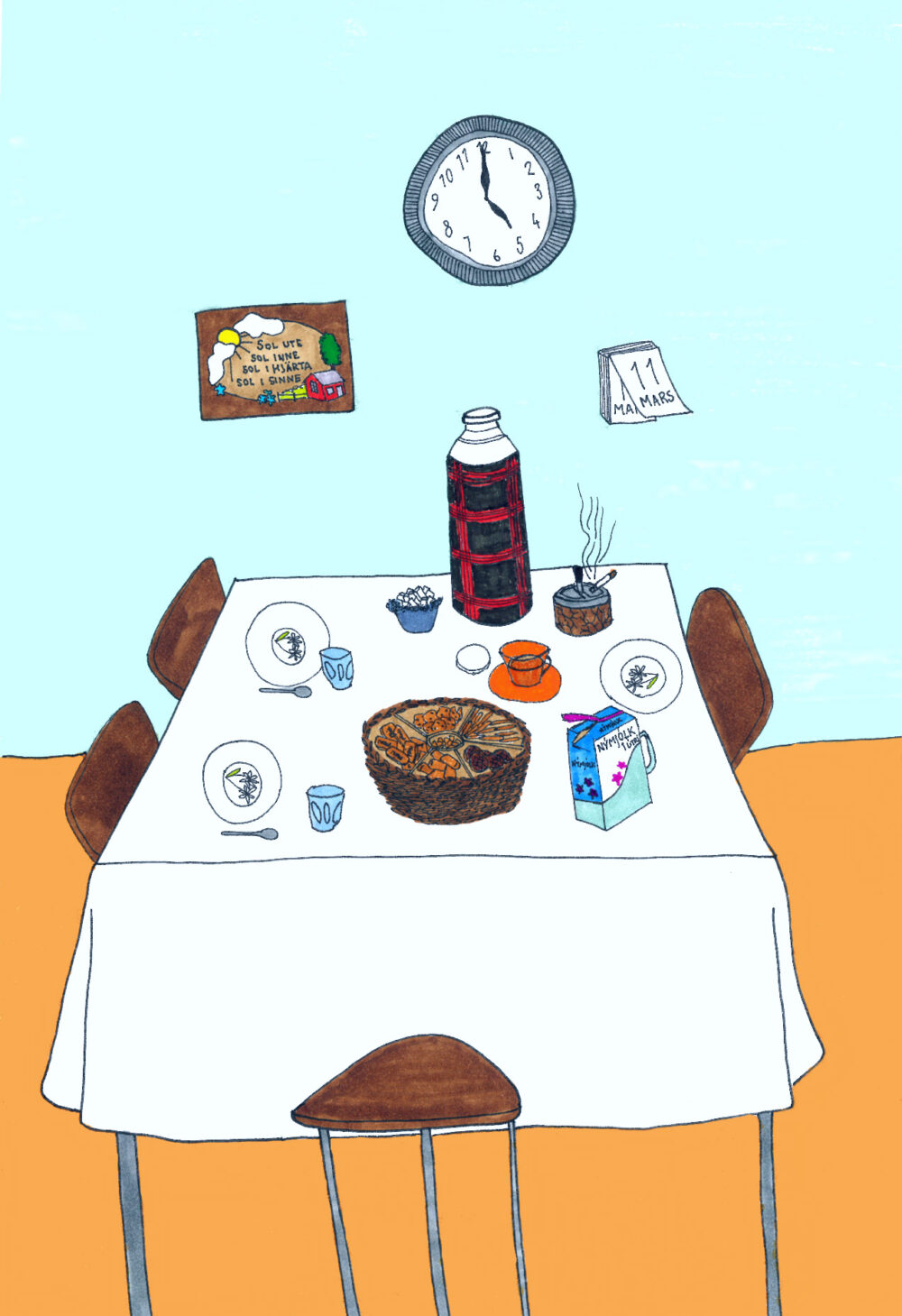
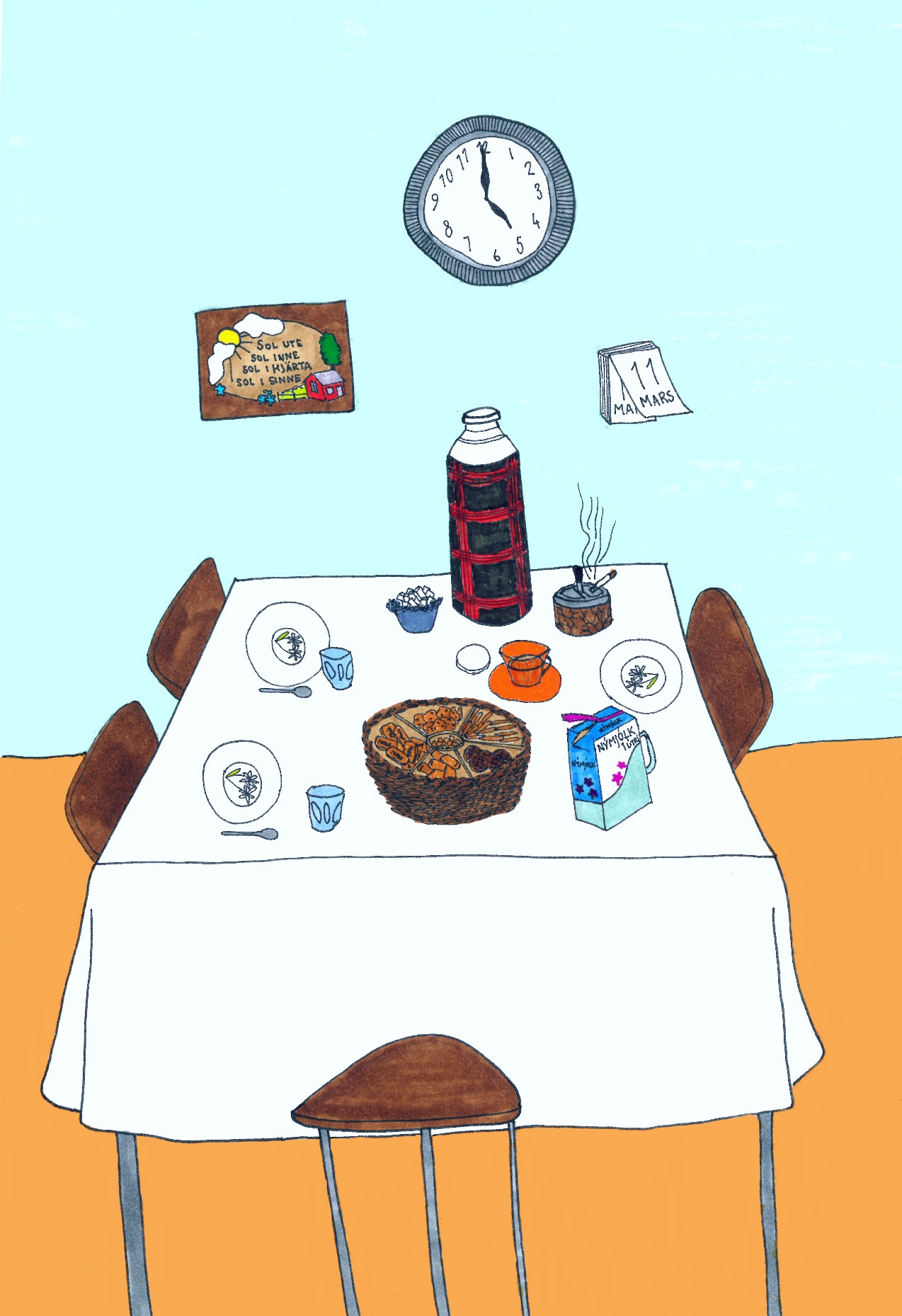
Tilveruréttur minn
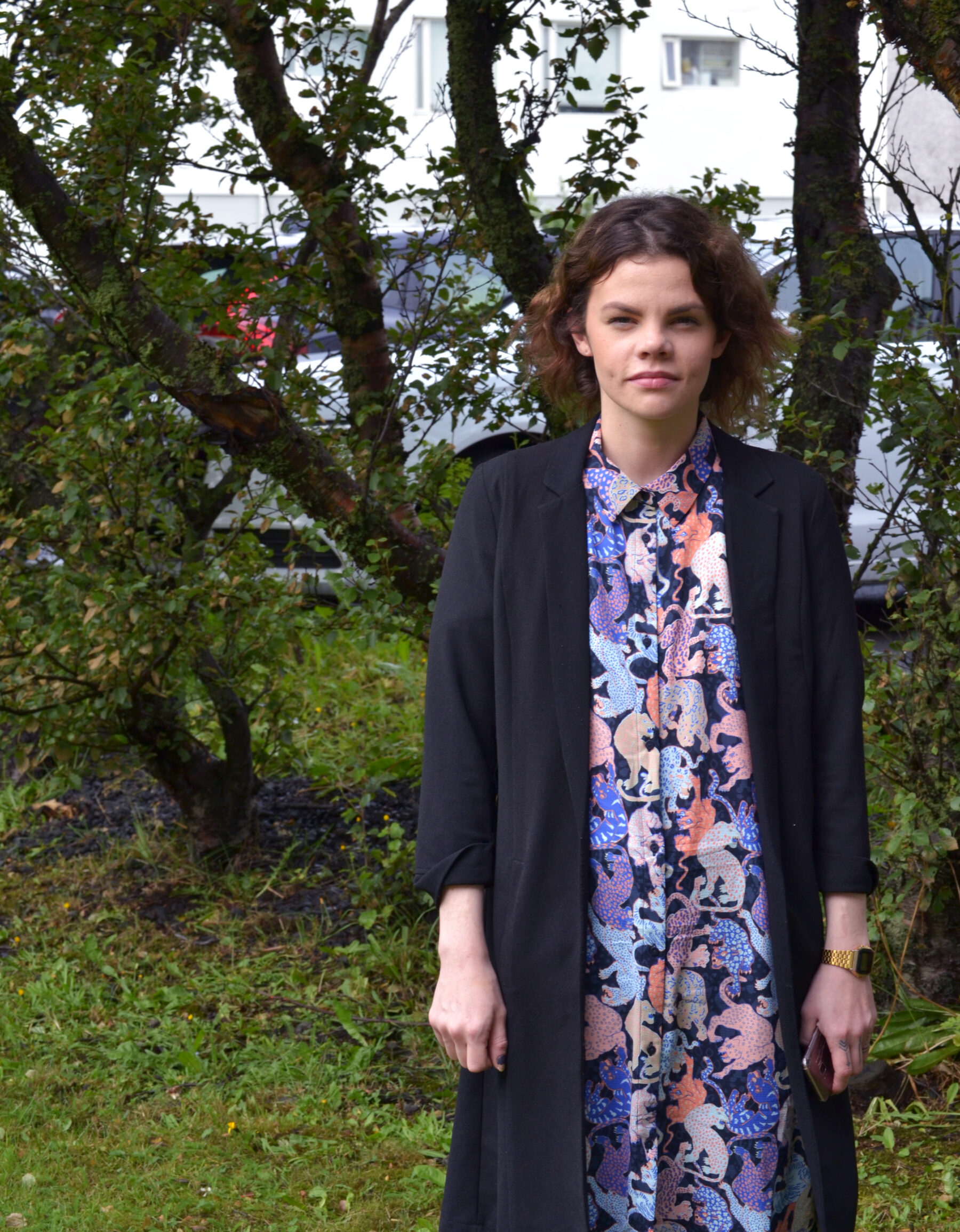

The Politics of Self Love
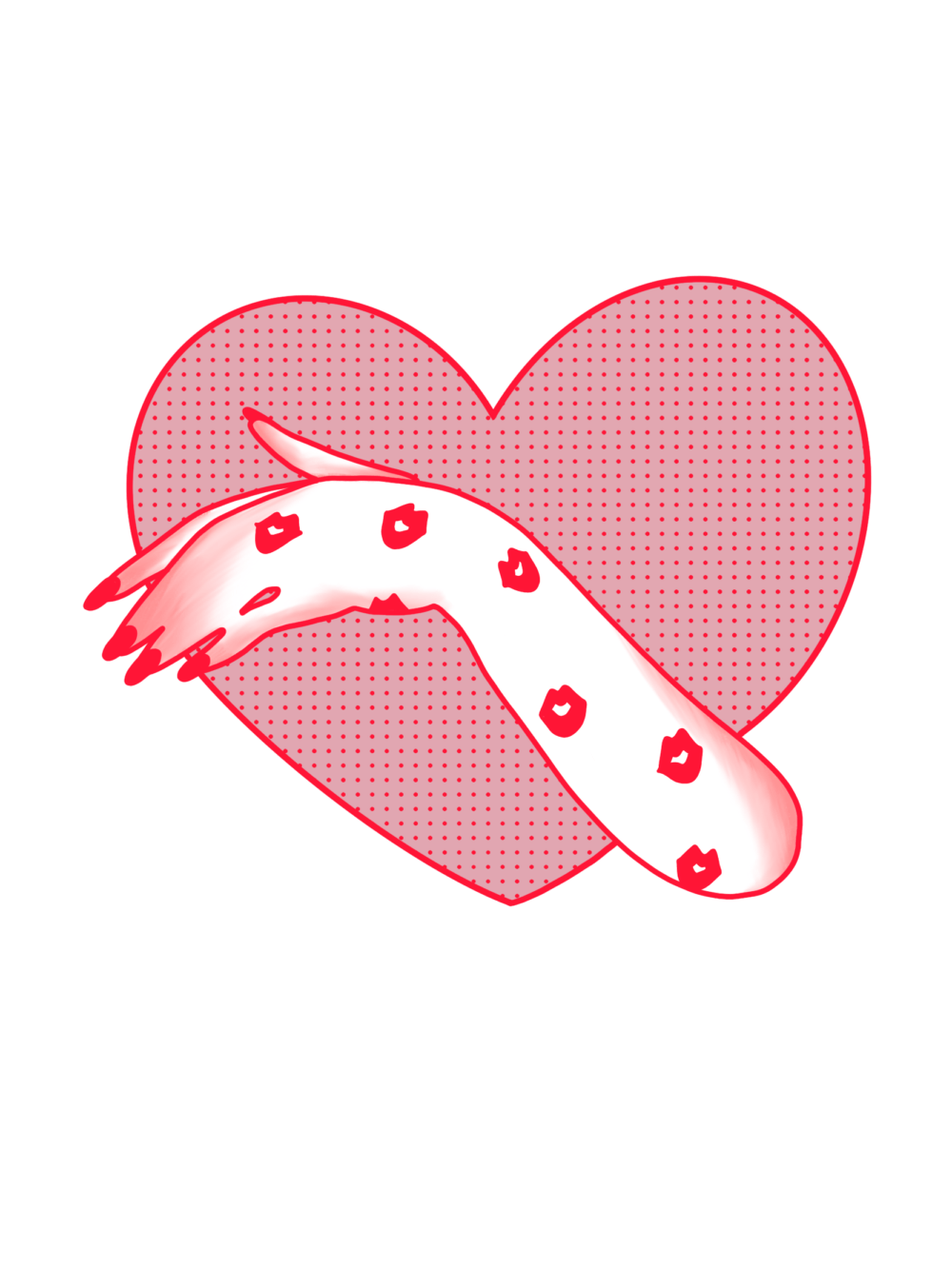

Women in Business: Having ideals can kill a woman


Lesa meira um...
